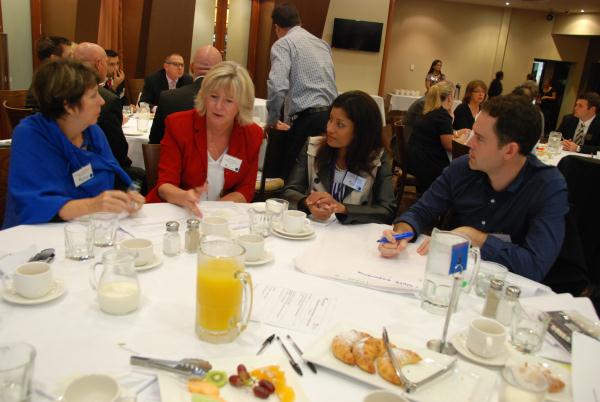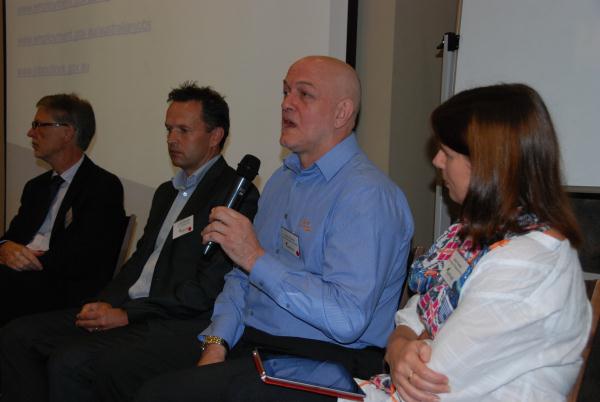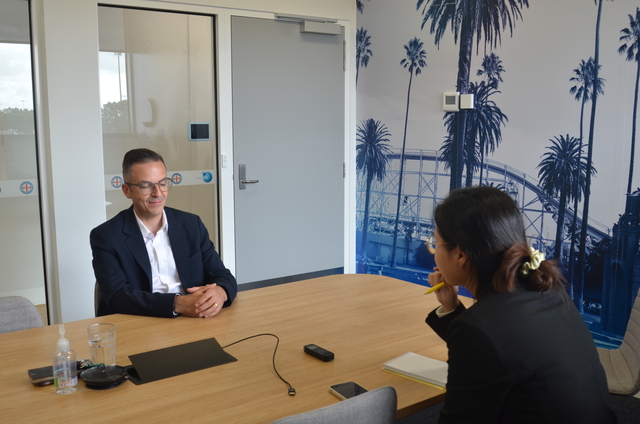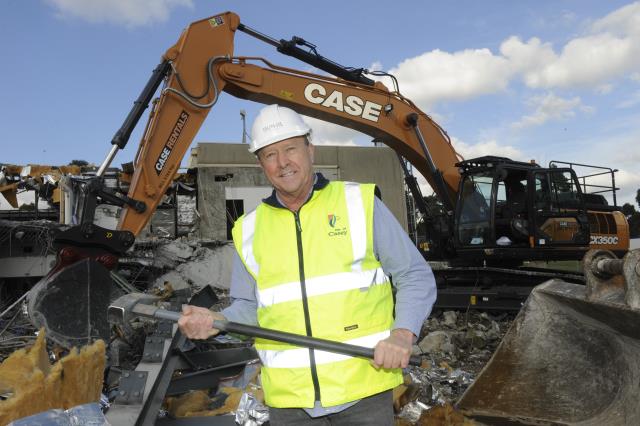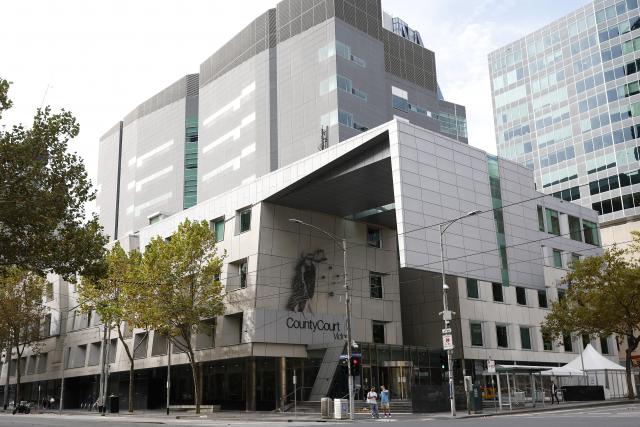By CASEY NEILL
GENERATIONAL unemployment is on the horizon for Greater Dandenong if employers and workers don’t change their attitudes
This was the message from Ivan Neville who spoke about recruitment challenges at South East Business Networks’s (SEBN) breakfast at Highways in Springvale on 27 March.
The Department of Education, Employment and Workplace Relations (DEEWR) labour analyst also participated in a questions and solutions panel alongside Anita Francis from the Department of Human Services (DHS), Todd Hartley from Hilton Manufacturing and Terry Breheny from Link Employment and Training.
To finish, all attendees got out butcher’s paper and textas to brainstorm solutions to recruitment scenarios.
SEBN manager Sandra George said the morning aimed to find a better match between what employers wanted and the available workforce.
She’s established a Greater Dandenong Employment Taskforce that brings together employment, training and community organisations to discuss ways to better engage the labour market.
Greater Dandenong is within the South East Melbourne priority employment area (PSE) – one of 21 recognised as areas that are vulnerable to slow-downs in the economy.
Mr Neville said one in four children in Greater Dandenong aged under 15 lived in a jobless family.
“So 24,500 children under 15 do not see their parents going to work every day,” he said.
“They think this is normal.
“We move almost inevitably toward generational unemployment.”
And he said one in four people of working age in Greater Dandenong were receiving income support.
Reducing this rate would help the area’s economy.
Mr Neville said a recent survey of local employers showed they needed to change their expectations, particularly around experience.
“Employers need to understand the labour supply in this area and manage expectations,” he said.
“We’re ruling out people who actually might have what it takes.”
He said employability skills were vital and training and experience could follow. More work experience would improve young people’s employability skills, he said.
Mr Neville also urged employers to look beyond traditional sources of labour, to the ageing workforce in particular, and improve workplace flexibility through part-time positions and phased retirement.
He said better utilising the migrant population would also reduce unemployment.
More than 26,500 migrants have moved into the region over the past five years.
About 25 per cent of these migrants of working age from “other than majority English speaking countries” have a degree.
“We are not taking advantage of their skills,” he said.
“These people are occupying jobs that could be filled by people who don’t have their skills or qualifications.”

